Yet, it is true, poetry is delicious; the best prose is that which is most full of poetry
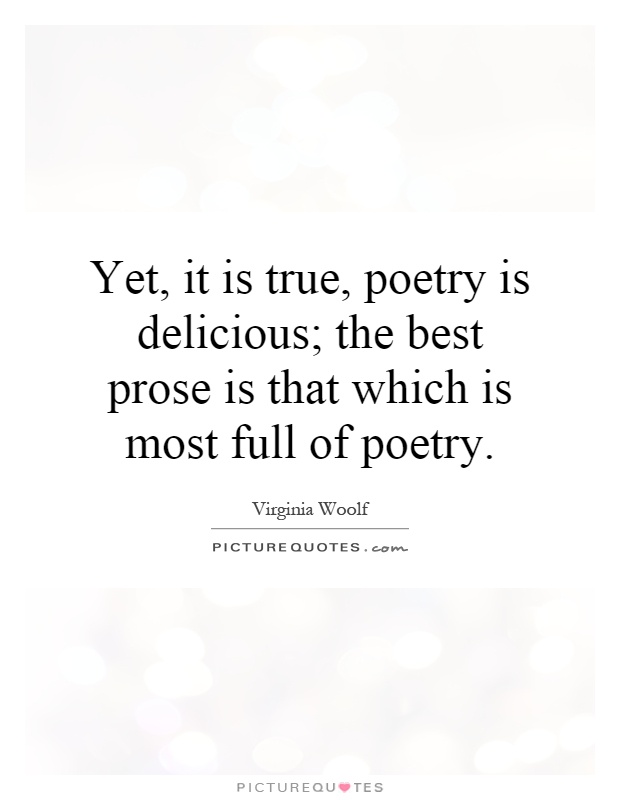
Yet, it is true, poetry is delicious; the best prose is that which is most full of poetry
Virginia Woolf, a renowned writer and critic, once famously said, “Yet, it is true, poetry is delicious; the best prose is that which is most full of poetry.” This statement encapsulates Woolf’s belief in the power and beauty of poetry, and its ability to enhance prose writing. Woolf was a master of both poetry and prose, and she understood the importance of infusing prose with poetic elements to create a more engaging and impactful piece of writing.In Woolf’s own work, we can see how she seamlessly blended poetry and prose to create lyrical and evocative writing. Her novels, such as “To the Lighthouse” and “Mrs. Dalloway,” are filled with poetic language, vivid imagery, and lyrical prose that transport the reader to another world. Woolf’s use of poetic language adds depth and richness to her writing, allowing her to explore complex themes and emotions with nuance and subtlety.
Woolf believed that poetry had a unique ability to capture the essence of human experience in a way that prose could not. Poetry, with its focus on rhythm, sound, and imagery, has the power to evoke deep emotions and create a sense of beauty and wonder. By infusing prose with poetic elements, Woolf was able to create a more immersive and immersive reading experience for her audience.
Woolf’s statement also speaks to the idea that poetry and prose are not mutually exclusive, but rather can complement and enhance each other. By incorporating poetic language and imagery into her prose writing, Woolf was able to create a more nuanced and layered narrative that resonated with readers on a deeper level. In this way, Woolf’s work serves as a testament to the power of poetry in shaping and enriching prose writing.

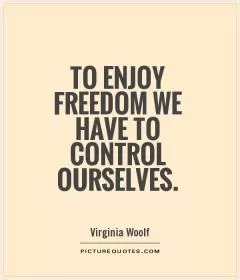
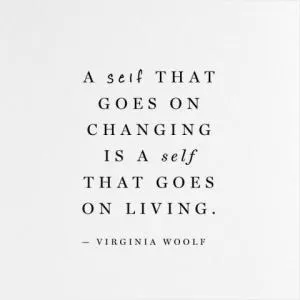
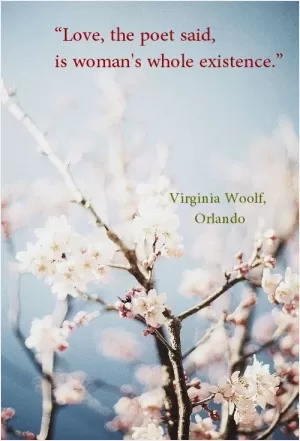
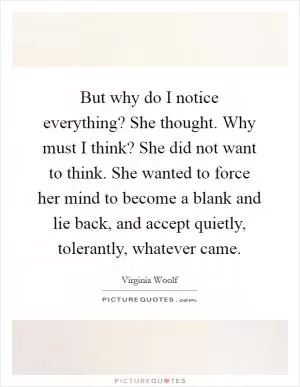
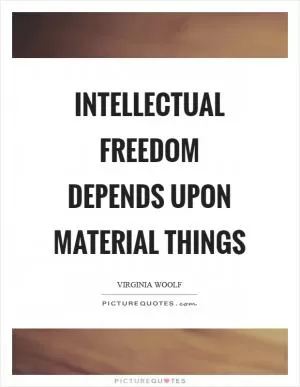
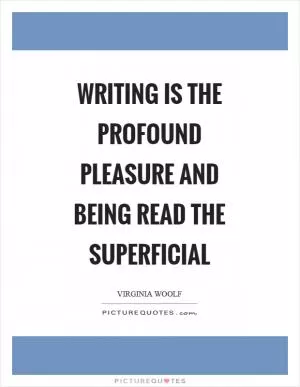
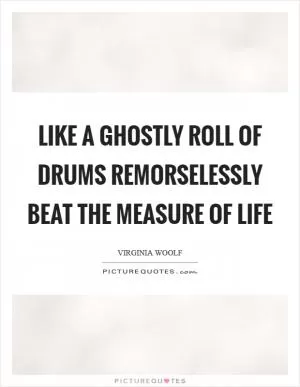
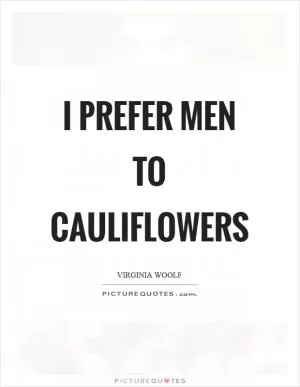
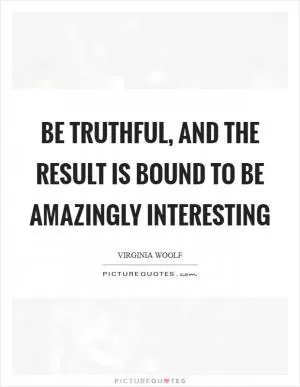
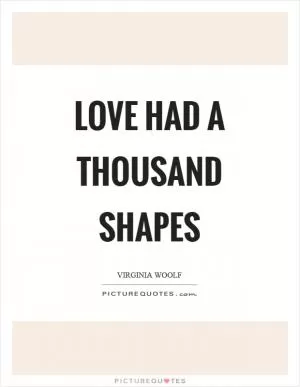
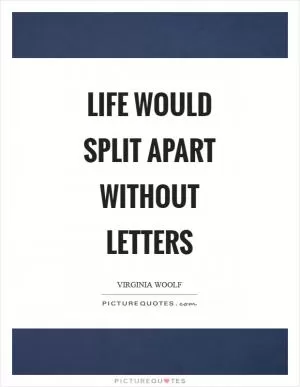
 Friendship Quotes
Friendship Quotes Love Quotes
Love Quotes Life Quotes
Life Quotes Funny Quotes
Funny Quotes Motivational Quotes
Motivational Quotes Inspirational Quotes
Inspirational Quotes